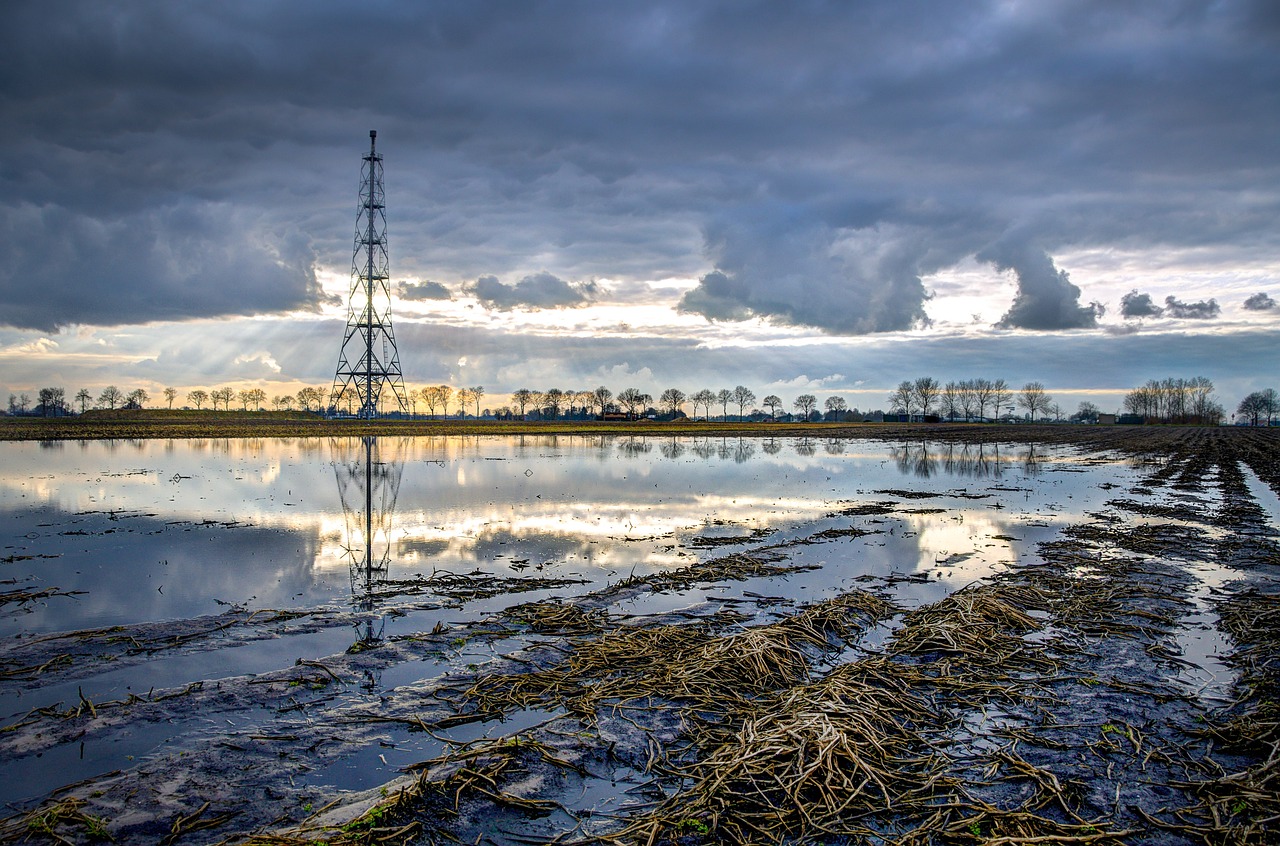News
Natural Gas Becomes the New Energy Favorite in the UK
As the UK's six major energy suppliers
implement the "dash for gas" policy (dash for gas), the UK's new
installed capacity of renewable energy has experienced a serious decline.
"The Guardian" said that this move will not only make it difficult to
achieve the UK's climate change goals, but also increase the energy bills of
ordinary households.
The number of new wind turbines built in
the UK this year has dropped by half compared with last year, with 540 MW of
new land-based and offshore wind power installed capacity, compared with 1,192
MW of new installed capacity last year. Not only that, new planning is also at
a standstill, with only 2,058 MW of wind power plants applying for planning
permission this year, compared with 2,080 MW last year. In addition, the
installed capacity of wind power plants approved for construction has also
dropped from 1,366 MW in 2010 to 920 MW this year.
In sharp contrast, the installed capacity
of natural gas power plants currently in the planning stage has reached 30,000
megawatts, and the UK's six major energy suppliers will invest billions of
pounds. (1 pound is equivalent to 9.95 yuan)
The British government stated that although
natural gas is currently cheaper than renewable energy, the cost of renewable
energy is falling steadily; in addition, over-reliance on natural gas is also a
major factor in the increase in energy bills. About 60% of the increase in
energy bills last year was due to higher costs. of imported fuel.
According to Roland Berger Consulting, UK
renewable energy investment dropped from US$11 billion to less than US$3
billion in 2010, a drop of approximately 70%. Although the government has
promised to expand renewable energy, set a target of 18,000 megawatts of
offshore wind power installed capacity in 2020, and invested US$6 billion in
offshore wind power projects, resulting in a slight rebound in the scale of
renewable energy investment this year, the overall Still below 2009 levels. The
Guardian said that in the next ten years, the UK will need at least 200 billion
pounds in funding to create a low-carbon energy sector, but there is still no
sign of large-scale growth in financing. (1 U.S. dollar is equivalent to 6.36
yuan)
In fact, wind power accounts for the
largest proportion of the UK's renewable energy mix, while other forms of new
energy have also suffered setbacks. Solar power companies have had to make
massive layoffs as the government halved solar panel subsidies, and in the case
of biomass, several planned biomass power plants have been put on hold.
However, at a time when the development of
renewable energy is struggling, natural gas seems to be favored by the UK's six
major energy suppliers. In the past few years, approximately 30,000 MW of
natural gas power plant construction planning applications have been submitted,
triggering a boom in the construction of new power plants in the UK.
Because natural gas produces only half the
carbon dioxide of coal, some people also call it a "green" fuel.
British Energy and Climate Change Secretary Chris Huhne said that as a large
number of natural gas power plants are built, the government will introduce new
"emission performance standards", which will benefit natural gas but
prevent new coal-fired plants. Construction of power plants. Huhn promised that
the new regulations would not be reviewed until 2015 to provide a clear investment
environment for gas companies.
"The Guardian" stated that Huon's
opinion shows the reason behind the British government's encouragement of
natural gas power plants-the construction period of new natural gas power
plants only takes 18 months. The government is concerned that an "energy
gap" could emerge between Britain's energy demand and supply as older
coal-fired power plants are set to be phased out over the coming years.
Compared with wind power plants and nuclear power plants, natural gas power
plants are being constructed faster. Therefore, in order to ensure power
supply, natural gas power plants have become the government’s “new favorite”.
According to the UK's newly released carbon
plan, further moving away from existing coal-fired power plants is a major
factor in ensuring that the UK meets its emissions reduction targets. The UK
has set a target of reducing emissions by 34% by 2022 compared with 1990. To
achieve this target, the UK will need 40,000 MW to 70,000 MW of new installed
capacity. Huhn said that the UK's energy mix depends on the state of the
world's natural gas market. If natural gas prices are low, the UK will rely
more on natural gas and carbon capture and storage technology, with relatively
less demand for renewable energy and nuclear energy.
But overreliance on natural gas also
carries risks. High prices on world markets are the main reason for rising
energy bills in the UK and will continue to be so as demand increases. Huhn has
said the UK needs to abandon its "reliance on fossil fuels" but with
a lack of certainty about the future of renewable energy, it would make sense
for the government's energy policy to build more gas-fired power plants now.
Industry insiders said that large-scale
renewable energy projects currently face difficulties in financing, and
planning restrictions are also their "major obstacle." In addition,
considering energy security, the UK cannot rely too much on natural gas power
plants. Increasing reliance on gas-fired power plants is also not the answer,
especially given that the UK’s own gas production is declining.

RELATED NEWS
- International Oil Prices have Recently Risen to the Highest Level in Four Years
- U.S. Department of Energy Invests in Developing Next-generation Automotive Mater
- International Energy Agency Says Natural Gas will be in Surplus
- Intelligent and Safe New Energy Vehicle Potential Core Chip
- Rising Crude Oil Prices Prompt Japan to Launch Energy Conservation Campaign
